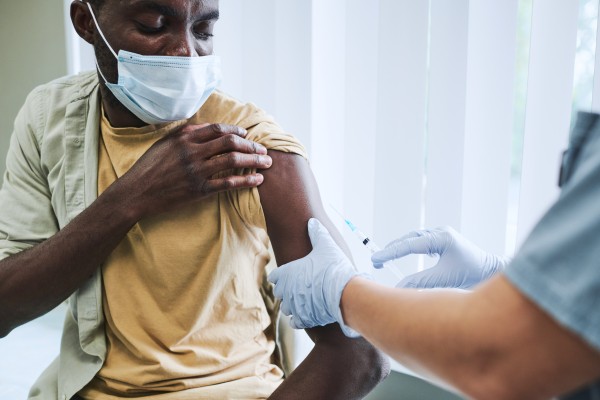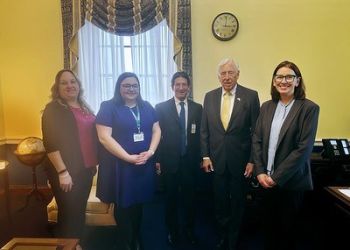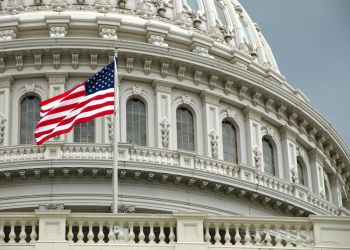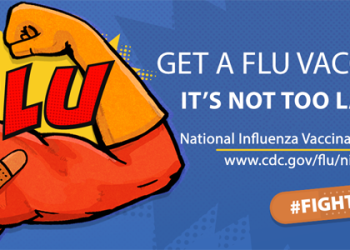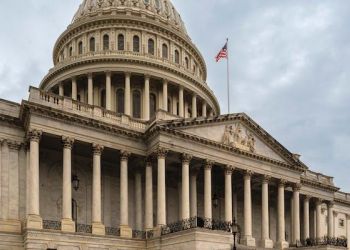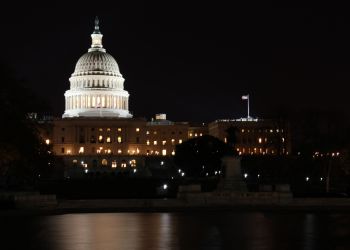On Thursday, May 11, the Public Health Emergency (PHE) in the United States ended, and many of the government’s pandemic responses over the past three years will be rolled back to a pre-pandemic posture, while others will remain. Below, we discuss aspects particularly important to local public health. Additional information is available in this, White House issued fact sheet.
What is staying the same?
The Department of Health and Human Services (HHS) has indicated that there is still a supply of vaccines and antiviral treatment available, so they will be [AC1] available at no cost to everyone, including those without insurance. Once the federal supply runs out—expected later this year--people not covered by Medicaid are likely to face out-of-pocket expenses for antiviral treatments. Those covered by Medicaid will still have access to COVID-19 treatments without cost-sharing until September 30, 2024. The Affordable Care Act requires that COVID-19 vaccines remain available at no cost to patients covered by private insurance because it is classified as a routine preventative service, similar to the flu shot. The government will transition COVID-19 vaccines and treatments to the commercial market within the next few months.
The Food and Drug Administration (FDA) said that it is working with manufacturers to transition products to traditional approval methods and indicated that it will maintain emergency use authorizations (EUAs) for as long as needed. The end of the PHE does not impact FDA’s ability to maintain or grant new EUAs because these capabilities are granted under the federal Food, Drug, and Cosmetic Act.
Regarding treatment delivery, some telehealth flexibilities will remain in place after the PHE unwinds. Congress extended pandemic-era expanded telehealth access for Medicare recipients, and the Drug Enforcement Administration (DEA) has extended its pandemic-era rules permitting medication assisted treatment (MAT) to continue via telehealth, including administering prescriptions for drugs such as buprenorphine for opioid addiction.
What is changing for local public health?
Access to free testing will largely end. Private insurance companies will no longer be required to reimburse patients for lab-based testing or eight over-the-counter rapid tests per month, although HHS is recommending that they continue to do so. Medicare recipients will no longer be eligible for eight over-the-counter rapid COVID-19 tests at no cost, however, lab-based testing ordered by doctors will still be covered. People covered by Medicaid or the Children’s Health Insurance Program (CHIP) will still have coverage for over-the-counter rapid tests through September 30, 2024.
Some data reporting to the CDC will be impacted in scope and frequency. The Centers for Disease Control and Prevention (CDC) previously reported COVID-19 Community Levels (CCLs) , which recommended preventative actions based on classification of COVID-19 risk as low, medium, or high, will no longer be updated, and Community Transmission Levels will be discontinued, Instead, CDC will utilize COVID-19 hospital admissions data to describe COVID-19 activity in a particular area. In addition, CDC will continue to use available data on emergency department visits, laboratory test positivity, and wastewater surveillance as early indications of increases in COVID-19 activity. COVID-19 vaccination data will no longer be required and some states may stop reporting these numbers to the CDC.
Hospital reporting requirements will also change now that the PHE has ended. The Centers for Medicare and Medicaid Services (CMS) had waived some hospital reporting requirements during the PHE to help respond to COVID-19 surges and reduce administrative burden. Hospitals will now be required to report a patient’s death in the intensive care unit (ICU) by the next day and indicate the cause of death. In addition, any verbal orders must be authenticated within 48 hours. This rule had been waived during the PHE to respond more quickly to COVID-19 surge.
Work requirements for federal food assistance programs will return in more than 20 states, and some administrative rules allowing for greater flexibility for Supplemental Nutrition Assistance Program (SNAP) benefits will end. More information from the United States Department of Agriculture (USDA) can be found in this policy memo.
Title 42, which permitted the United States to deny asylum and migration claims due to public health threats, has ended. For the past three years, Title 42 permitted the United States to turn back migrants at its border with Mexico to prevent the spread of COVID-19. This stems from a public health law from 1944 allowing limited migration due to public health concerns. Families and unaccompanied minors were exempt from the law. Before Title 42, migrants were able to legally enter the country and request asylum before being screened and released to wait in the United States for their immigration cases. More information can be found in a fact sheet released by the Department of Homeland Security (DHS).
Outside the US, the World Health Organization (WHO) announced on Friday, May 5 that COVID-19 is no longer an international public health emergency. This decision followed recommendations from a committee of global health experts that determined the situation no longer meets the criteria to be classified as a public health emergency of international concern. Both events indicate a shift in perception of the pandemic, while some areas of the country have low vaccination rates and people continue living with Long COVID.
NACCHO Government Affairs is monitoring the changes to policies given the end of the PHE and will provide further updates on the process.
